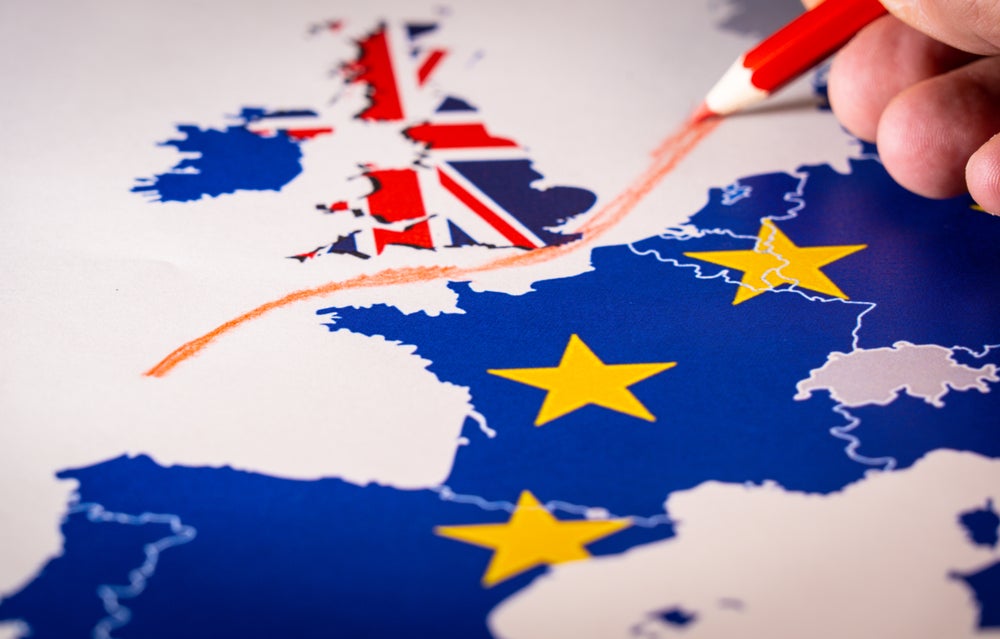complexity
As standard setters and regulators pave the way towards the
future of financial reporting, Carolyn Canham
speaks with Gerard Ruizendaal of Dutch electronics manufacturer
Philips Electronics about the dangers of complexity and how it can
affect the fortunes of public companies.
Complexity in financial reporting was one of the causes behind
the near-bankruptcy of Dutch electronics giant Philips Electronics
(Philips) in the 1990s, according to Gerard Ruizendaal, a member of
the company’s group management committee. Ruizendaal, a certified
public accountant, addressed the issue of complexity in financial
reporting at the PricewaterhouseCoopers’ Meet the Experts event in
London recently.
At the conference, he explained how Philips, which has a
multinational workforce of 125,000 employees, manufacturing sites
in 28 countries and sales outlets in 150 countries, was founded in
1891 and therefore had to invent much of its financial reporting
itself, while making sure reporting was consistent in dozens of
countries.
Following up on the presentation, Ruizendaal tells TA that
the first comprehensive law on financial reporting in Europe was
introduced in about 1984. “Before 1984, there was only one sentence
in Dutch law and that said you have to report ‘in a good way’,
that’s all,” he says.
As the reporting requirements grew, so did the complexity. Philips’
management reporting was different from its external reporting and
the company used various combinations of its own GAAP, Dutch GAAP
and US GAAP.
How well do you really know your competitors?
Access the most comprehensive Company Profiles on the market, powered by GlobalData. Save hours of research. Gain competitive edge.

Thank you!
Your download email will arrive shortly
Not ready to buy yet? Download a free sample
We are confident about the unique quality of our Company Profiles. However, we want you to make the most beneficial decision for your business, so we offer a free sample that you can download by submitting the below form
By GlobalDataOn the brink
Ruizendaal explains that during the early 1990s,
Philips skimmed close to bankruptcy and during one year was forced
to fire about 50,000 people.
“We analysed, of course, what had happened to make sure it never
happened again and one of the many conclusions was that all our
sophisticated [internal] reporting was too sophisticated and not
really understood. That was one of the factors – that the company
was not financially managed in the best way,” Ruizendaal
explains.
He says Philips’ operational managers, who had to use the internal
reporting systems, did not really understand them and there were
challenges using different systems for internal and external
reporting. Ruizendaal adds: “The other thing which did not help
was, of course, that properly communicating with financial markets
is difficult when you only use external reporting standards for
your external reporting.”
Move to IFRS
From 2009, Philips expects to use IFRS for both internal and
external reporting. However, Ruizendaal warns that “we’re not out
the woods yet” because he believes there is still the possibility
the company, which has a shareholder base that is about one-half
European and one-half US and other international investors, will be
forced to report under IFRS as adopted by the EU and interpreted by
the Netherlands’s Auhtority for the Financial Markets, as well as
IFRS as adopted by the International Accounting Standards Board
(IASB) and interpreted by the US Securities and Exchange Commission
(SEC).
Ruizendaal says this issue has become more apparent with the SEC’s
recent announcement that it will drop reconciliation requirements
only for companies that report under IFRS as adopted by the IASB.
“So if the European politicians create more changes than the
current IAS 39 carves out, then it would really have [a significant
impact],” Ruizendaal says.
He adds that the options would then be to either report under the
various standards or to “delist and deregister so that you don’t
have to file the statements anymore”.
Ruizendaal says Philips is not currently looking at delisting. “But
if things really get worse in terms of all we’re currently seeing,
it could come on the table like it has for many other European
companies that are dual-listed,” he says.
Ruizendaal has a number of suggestions on how to apply simplicity
for financial reporting. “I think it is up to the European Union to
make sure that they keep aligned with the IASB to avoid [the
situation whereby we] will get to at least two different versions
of IFRS,” he says, adding that he would also like to see standard
setters talking more with users of financial statements to
understand their requirements.
He also says he would like to see IFRS kept as simple as possible.
“If they make IFRS too complex, then I cannot use it for my
operating unit. I cannot expect the sales manager, the factory
manager and the mid-level controllers to be accounting specialists,
so I see a danger that before we know, I’m back in the situation we
were in the 1990s,” he says.
“I think it needs to be as simple as possible so that it can be
used by operational people in smaller units. I think sometimes it
has to be complex, maybe like pension accounting – I don’t know how
to make that one simpler, but luckily that is something you can
handle centrally. But [IFRS] should be much more driven by the
users.
“A secondary test for me would be is it also usable by the people
who have to live day by day with the accounting information,
because if companies don’t use it and investors don’t use it, then
I don’t know what the purpose of the whole circus is.”
Ruizendaal says financial reporting is moving towards being too
much about compliance and not enough about adding value. “Companies
will spend tens of millions, in the case of a company our size, to
produce the information to comply with the regulators, but there is
no economic benefit,” he maintains.






